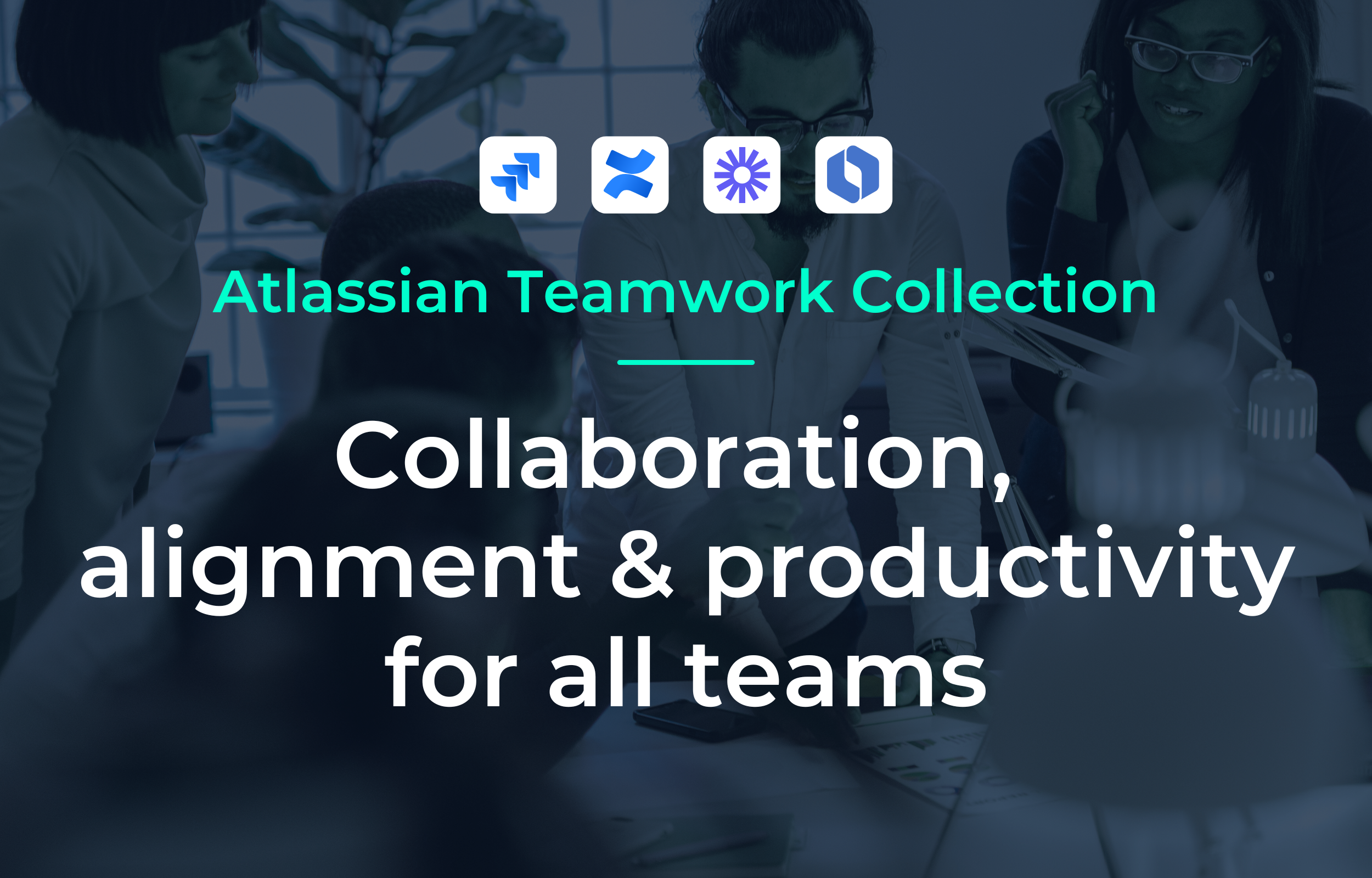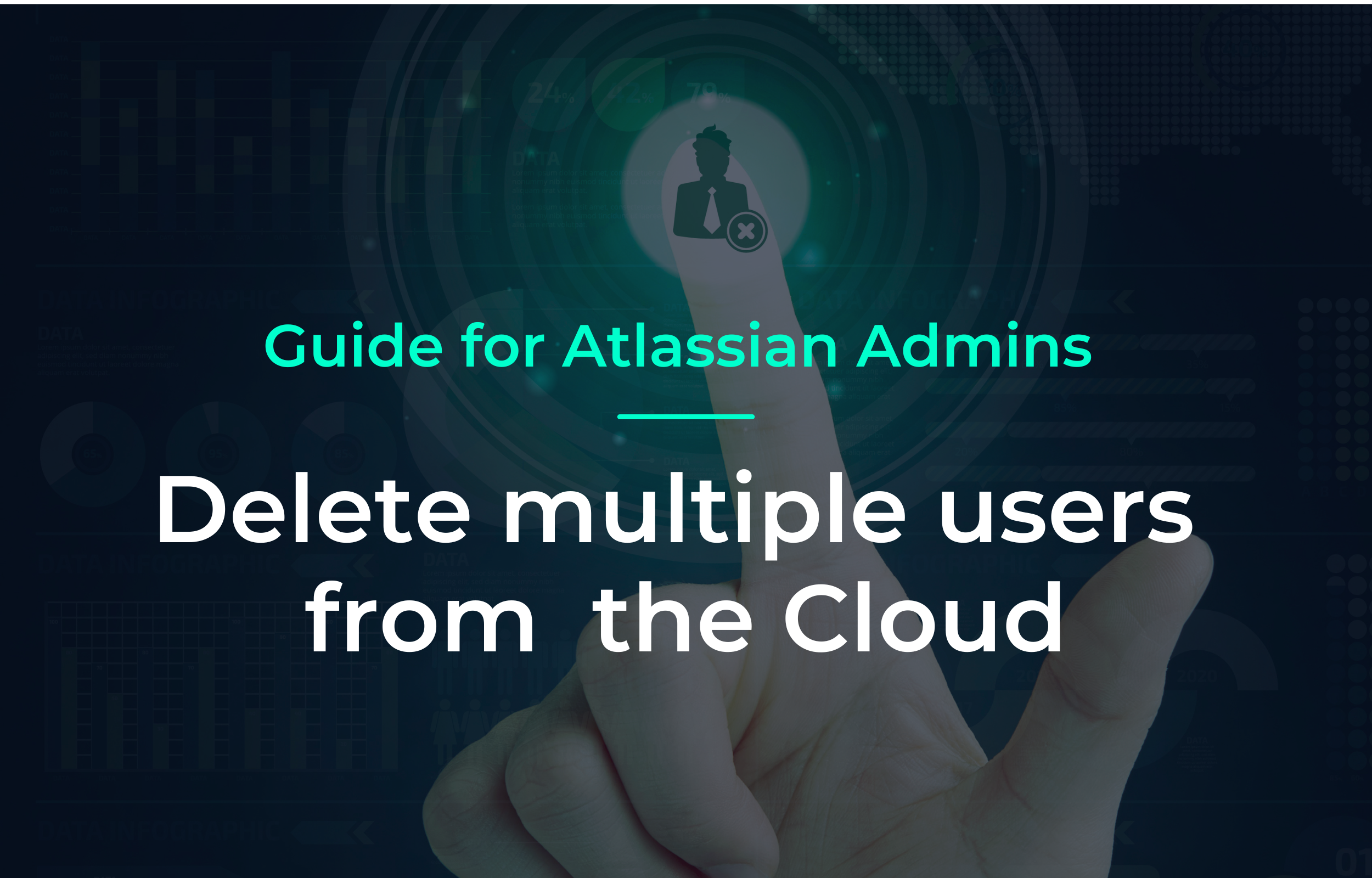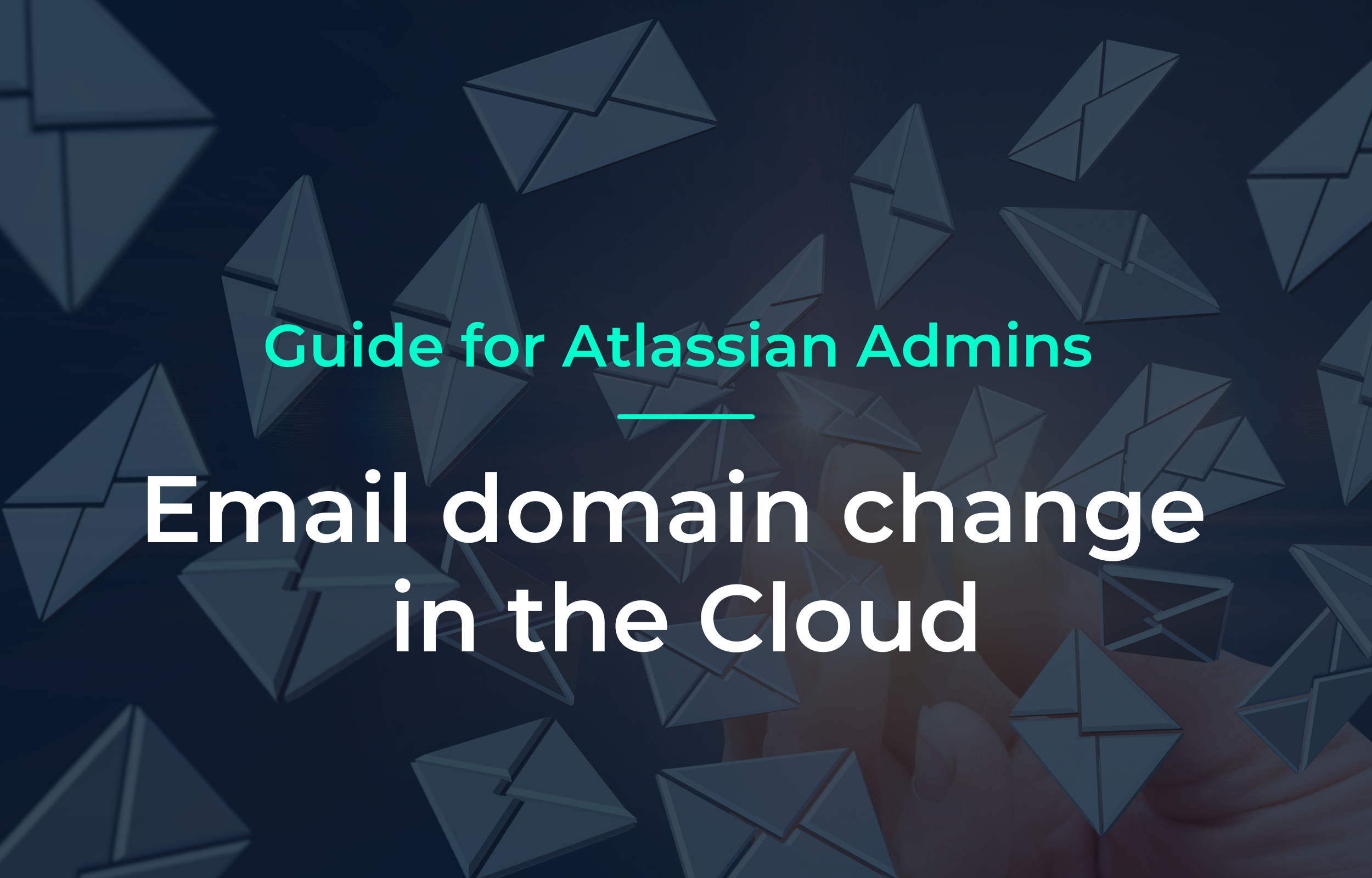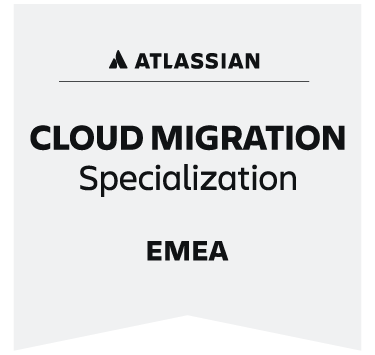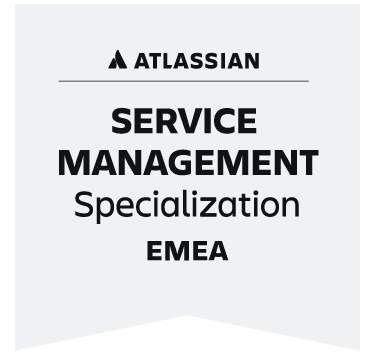In the last few years, security has become an increasingly integral part of software development. That's why there was a need for a new role with new skills in the software industry to oversee secure software development. Consequently, the role of a DevSecOps Engineer has gained popularity in recent years.
The acronym DevSecOps stands for Development, Security, and Operations. It is an attempt to improve the security of applications during the software development life cycle (SDLC). When properly adopted, it can benefit development teams by facilitating secure coding practices and preventing vulnerabilities.
DevSecOps Engineers require a number of skills, which can be learned in five simple steps (yet advanced in certain areas).
What is a DevSecOps Engineer?

As a DevSecOps engineeryou play an important role in creating a security culture within your organization. Considering culture, this is a role that requires both soft skills and technical ones, which we will discuss later.
DevSecOps engineers are responsible for ensuring that applications are developed in a secure manner and transforming the development lifecycle into a secure one. When performing their duties and managing processes, they interact closely with DevOps engineers.
DevSecOps engineers integrate security into DevOps processes. Therefore, they must vet applications against security guidelines and create and establish security policies. Moreover, the engineers need to act according to the company's short- and long-term goals.
1) Strong understanding of DevOps Processes
DevSecOps is placed on top of DevOps and securing a concept without mastering it is impossible. Therefore DevSecOps engineers must have a broad understanding of DevOps.
In addition, they need to be able to work harmoniously with their DevOps engineers. DevOps and DevSecOps engineers have significant intersections. Those can lead to confusion regarding their job description for those considering it as a career path.
DevSecOps engineers are responsible for these subjects:
- integrating security tools into existing pipelines
- monitoring outputs
- ensuring that applications are free of critical vulnerabilities before they go to production.
2) Secure Software Development Life Cycle

A DevSecOps engineer's primary task is to secure SDLC processes. The following are tasks that a DevSecOps engineer needs to perform in order to achieve this goal:
- The prevention of vulnerable code from being put into production
- Performing vulnerability tests on the artifacts created in the pipelines
- Assuring that DevOps engineers have signed their artifacts
It creates an additional workload for the developer teams to patch existing vulnerabilities in applications whose development has already been completed.
This is why DevSecOps engineers implement security tests during the earlier stages of the SDLC, when fixing vulnerabilities is much less expensive and time-consuming.
It is possible for a company to lose money and reputation as a result of releasing a vulnerable application to the market. To prevent vulnerabilities from advancing in the pipeline, DevSecOps engineers integrate security tests throughout the SDLC.
3) Application Security Knowledge
A DevSecOps engineer must be familiar with application security. As application security is always evolving, developers need to stay current with the latest trends and technologies to stand out from other developers.
A sense of curiosity and an insatiable desire for knowledge is necessary for this. Keeping their security knowledge up-to-date is essential to DevSecOps engineers' success.
Furthermore, since they may encounter many different types of applications, they should possess knowledge of application security techniques, attack types, business logic, and programming languages and frameworks (at least they should be able to identify vulnerable code snippets).
4) Cloud Infrastructure Knowledge

The digital transformation sweeps the world and cloud-based services become more prevalent. One more reason for DevSecOps engineers needs to understand the modern cloud infrastructure as well.
The rising costs of on-premise servers also compel companies to move to cloud-based services. As well as the lack of resources to provide secure, high-performance servers without additional help.
This is where cloud service providers come in. The most popular providers in this domain are Amazon Web Services (AWS), Google Cloud Platform (GCP), and Microsoft Azure. For reliable and secure development environments, many companies rely on these service providers.
A "secure by default" approach relies heavily on mastering cloud technologies. Our apps will be more secure if we can configure as many security policies as possible by default.
Thus, DevSecOps engineers need to be experts in managing and maintaining cloud infrastructure. Initially, this step may seem the same for DevOps and DevSecOps engineers, but their knowledge of cloud security is different.
5) Communication Skills

Every employee in every industry needs good communication skills to maintain a healthy work environment. Since DevSecOps engineers need to collaborate with other teams frequently, they are expected to have above-average skills.
It is important that they are able to explain the discovered vulnerabilities to the development team in regard to the code.
AppSec engineers and development teams may have difficulty communicating at times. Both parties may have differing priorities and agendas. That's why having good communication skills and being a people person can be very useful when attempting to work with both parties.
In summary, DevSecOps engineers are expected to have an understanding of DevOps processes, secure SDLC practices, application security, and cloud infrastructure. And above all, they must be good team players and capable of taking initiative.

